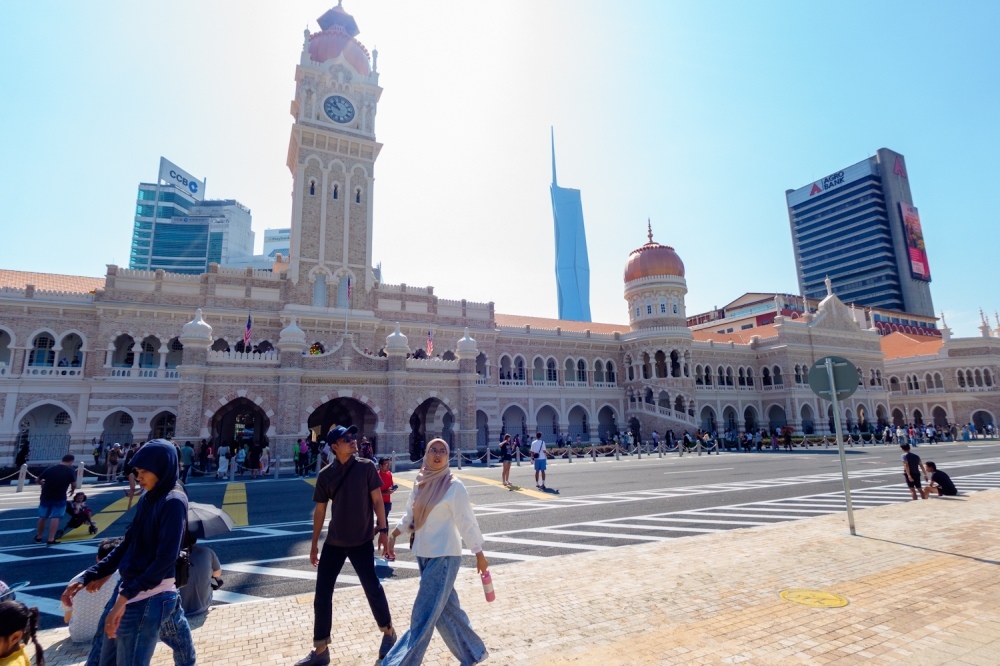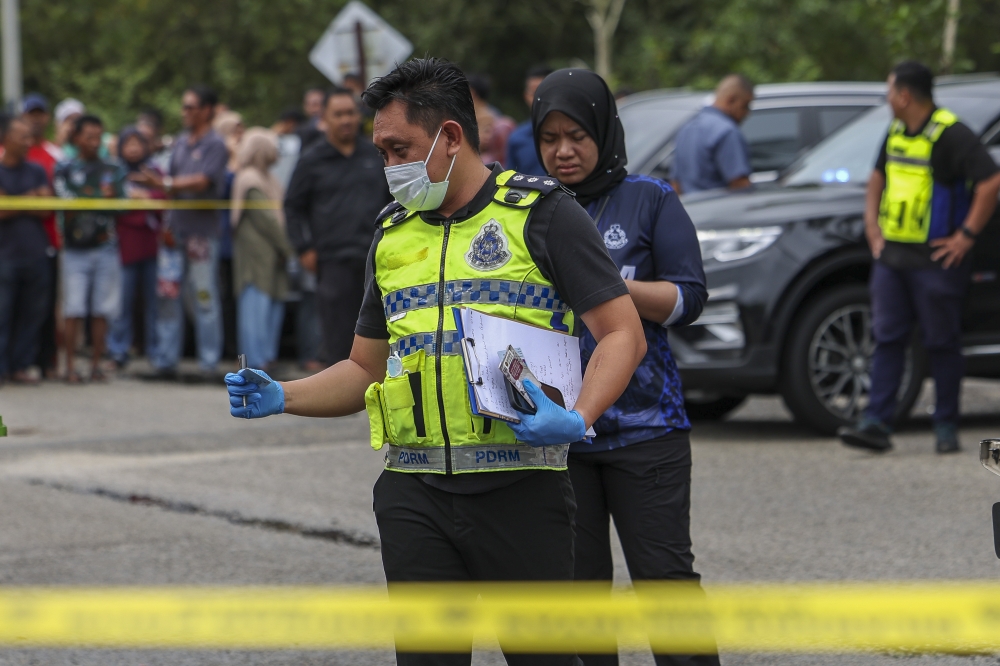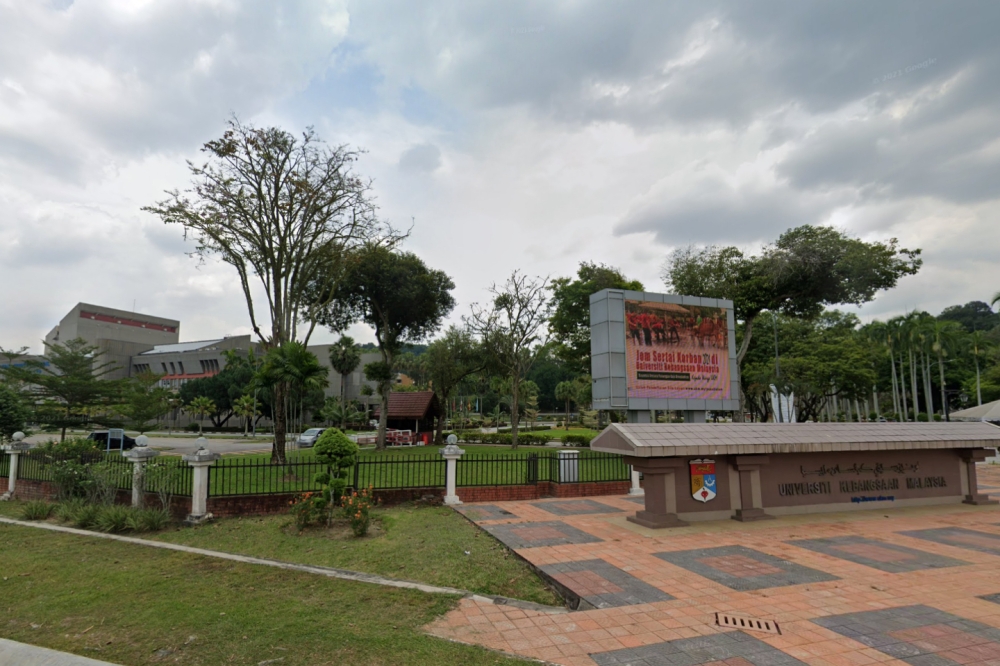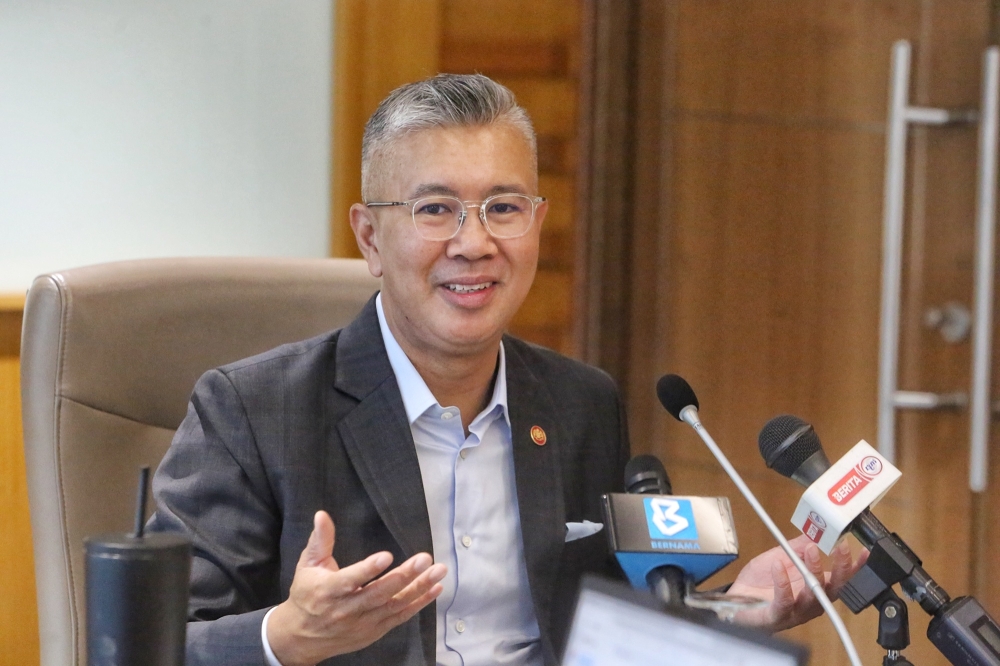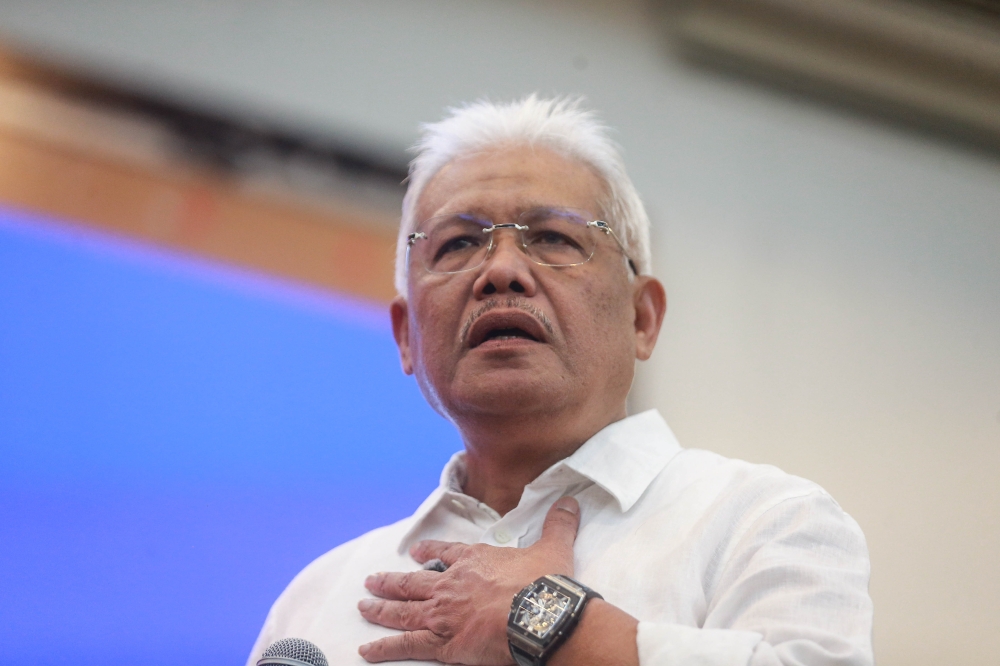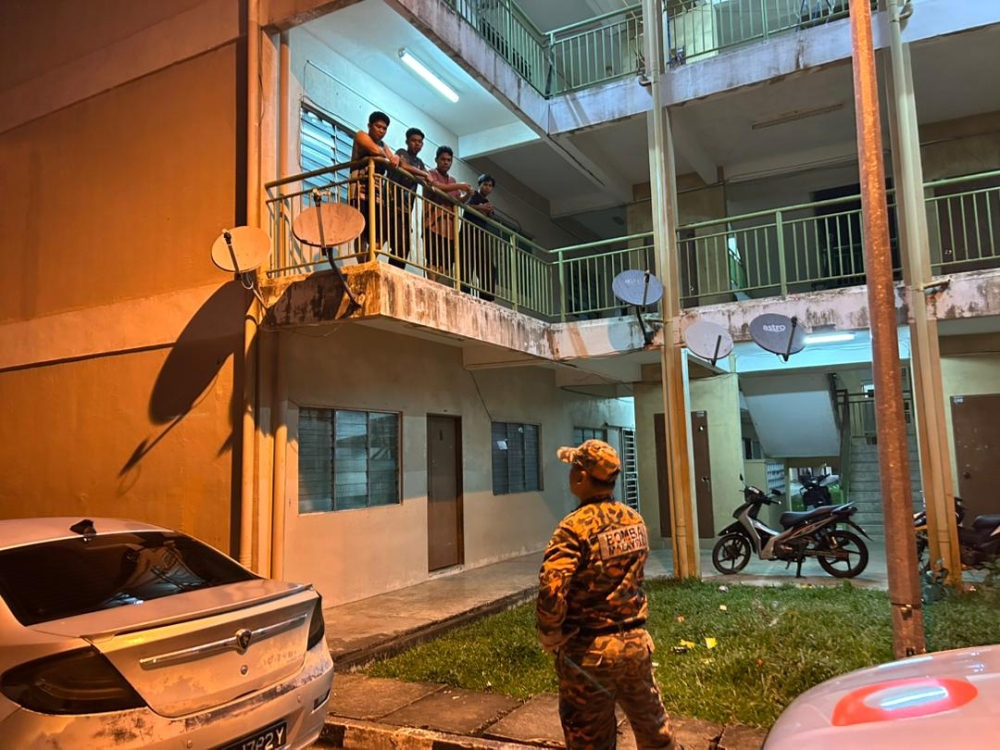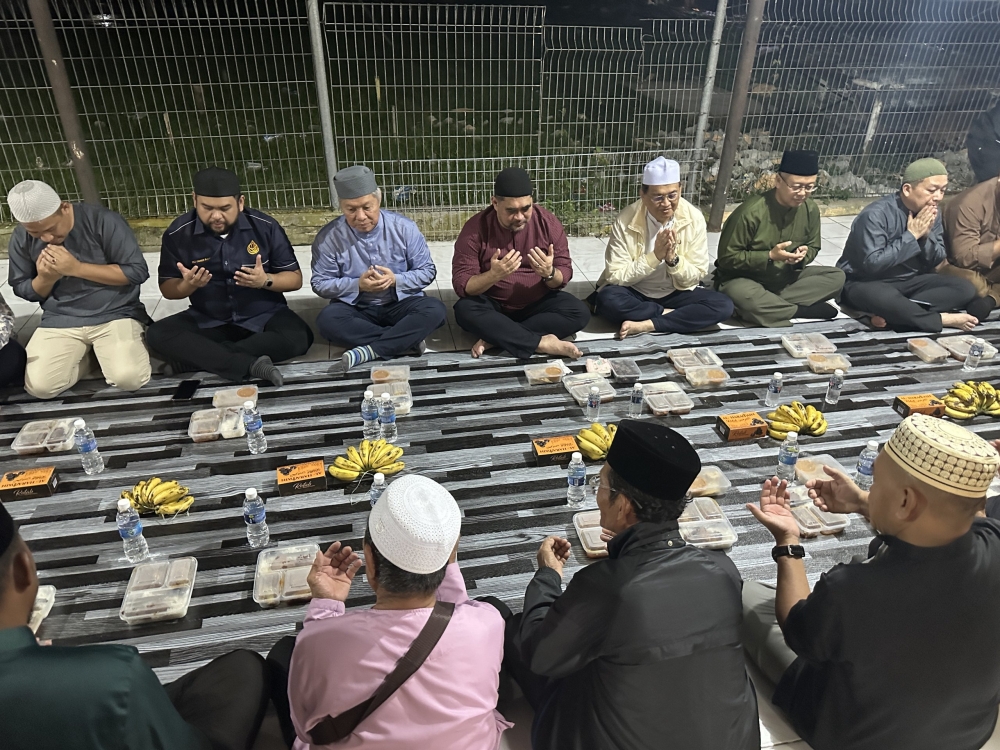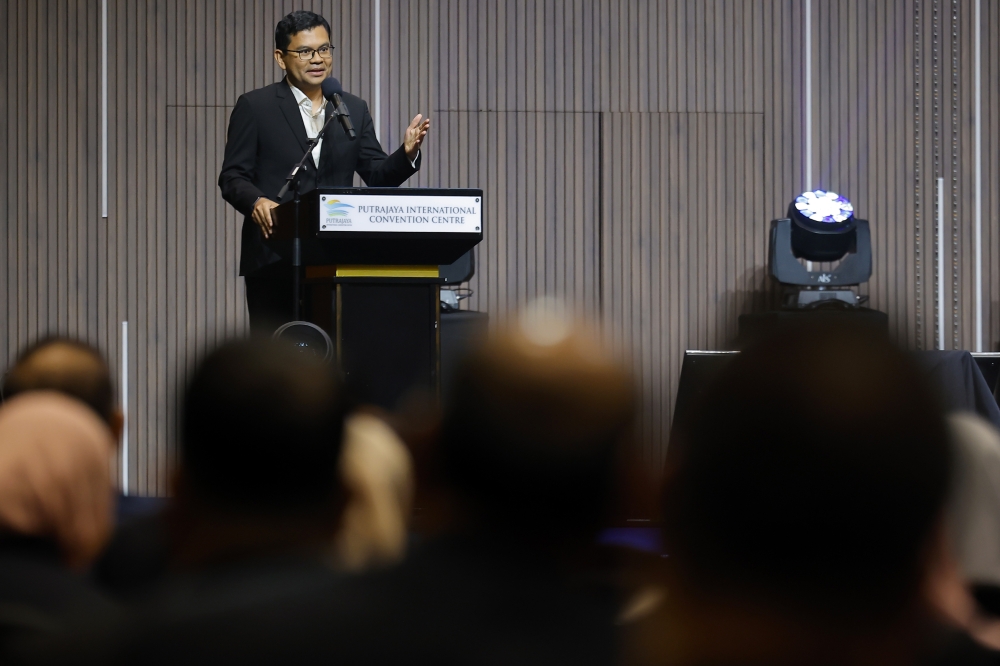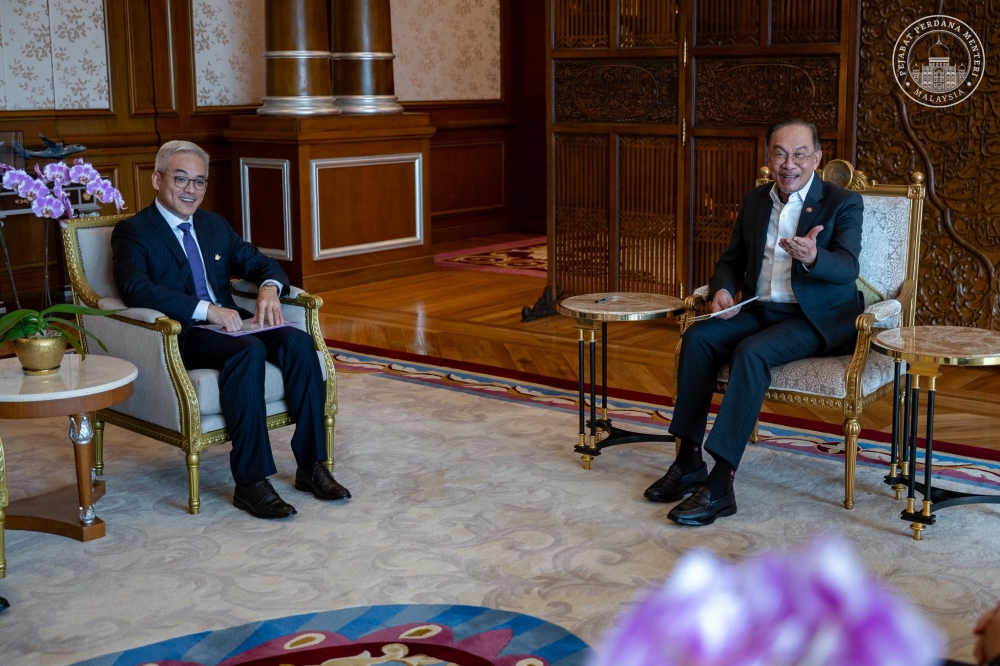SINGAPORE, Nov 3 — A 61-year-old man has been sentenced to the mandatory death penalty for trafficking in at least 78.77g of heroin, almost three decades after escaping the hangman’s noose for killing a Central Narcotics Bureau (CNB) officer.
In 1994, Roshdi Abdullah Altway was convicted of a reduced charge of culpable homicide not amounting to murder by the Court of Appeal, which found that he had killed the officer in self-defence.
Roshdi was a CNB informer at the time, The Straits Times reported previously.
He had struck the officer’s head with a granite mortar when the officer went to his Serangoon flat, because he thought the officer was going for his revolver. The officer tried to choke him during the scuffle as well.
Roshdi was sentenced to 10 years’ jail over the killing, coupled with six years’ jail and 12 strokes of the cane for possessing a revolver and six bullets.
He also served a 12-year jail sentence for drug trafficking.
In her written grounds of decision released yesterday, High Court judge Valerie Thean pointed to these prior convictions in rejecting Roshdi’s assertions that he involuntarily gave nine statements to police officers.
He was arrested in 2016 for his current offences and charged with possessing the heroin for the purpose of trafficking.
Anyone convicted of trafficking in more than 15g of the Class A controlled drug will face the death penalty.
On August 17 this year, Roshdi was convicted and sentenced to death.
Under changes to the law that took effect in 2013, drug traffickers may escape the death sentence if they are found to have been mere couriers, and if a certificate is issued by the public prosecutor that they substantively aided CNB in disrupting drug trafficking activities.
Justice Thean found that Roshdi was not a mere courier since he had packed the drugs, and the prosecution did not issue a certificate.
Sought reduction of capital charge
Roshdi was arrested at the void deck of Block 209B, Compassvale Lane in Sengkang on September 14, 2016.
CNB officers searched the room he was in and discovered more than 200 packets and straws of a powdery substance, as well as drug paraphernalia.
When he was nabbed, he was also carrying a Nokia mobile phone and S$18,000 (RM54,683) in cash.
During his trial, Roshdi admitted to possessing and knowing the nature of the drugs, but he disputed having the drugs for trafficking purposes, saying he was safekeeping them instead.
He claimed that someone identified only as “Aru” offered him money to do so and that he himself had not packed or sold any of the drugs.
Through his lawyers — Peter Keith Fernando, Rajan Sanjiv Kumar and Lee May Ling — Roshdi sought a reduction of his charge to possession of a controlled drug.
He contended that two different police officers induced him into making his police statements. He alleged that one had told him in Malay: “Now, Singapore has a new law. If this thing is not yours, you will not be hanged. You don’t be afraid.”
Judge found statements 'reliable'
Justice Thean noted that Roshdi had three opportunities to clarify this with the officer but did not, even though the alleged statement was “extremely vague.”
Roshdi also claimed during the trial that the other officer told him: “Those things are not yours, so you don’t have to be afraid.”
The High Court judge rejected this, finding that Roshdi had no reason to trust either officer since he was “barely acquainted with” them.
By this point, he would have known what his charges were and been aware of the possibility of the death sentence, Justice Thean noted.
A psychiatrist from the Institute of Mental Health, Dr Jaydip Sarkar, had also testified that Roshdi had a suspicion of CNB officers stemming from his previous jail terms.
Justice Thean found that Roshdi’s statements — in which he described how much he sold the drugs for and how he received, repacked and delivered them on various occasions — were “detailed, coherent and consistent.”
On cross-examination, he also eventually conceded that the statements were “accurately recorded” and “the truth”.
“Roshdi’s professed willingness to lie, coupled with his illogical responses on the stand, went to issues of general credibility and were consistent with my finding that the statements, rather than his version on the stand, were reliable,” the judge added. — TODAY

